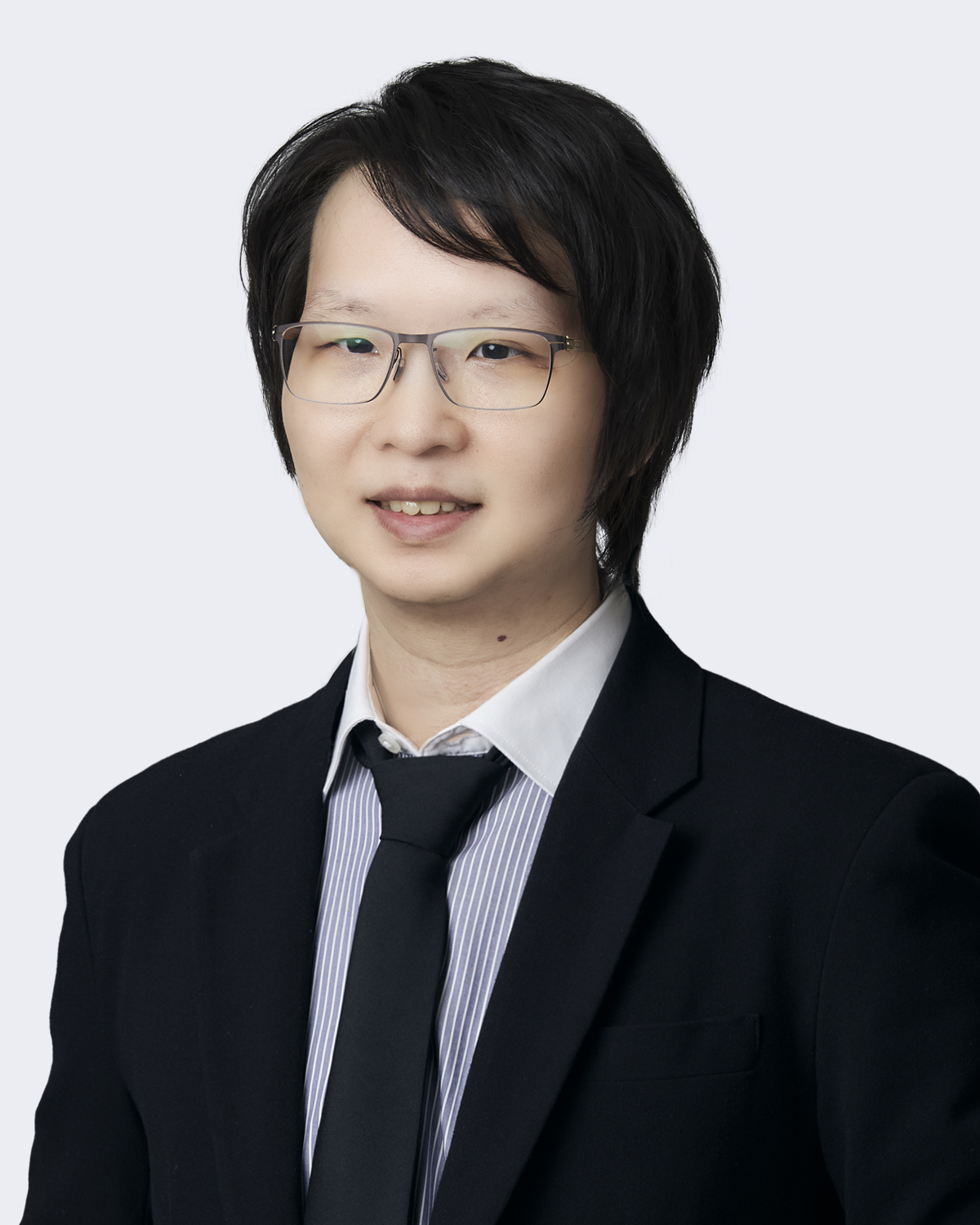
The relationship between intellectual property (IP) rights and competition law and policy in Thailand is usually complicated, as sometimes IP and its exclusive rights, which were originally conceived to invigorate competition through creativity and technology, can be so formidable that they are abused to suppress any competition.
On July 7, 2017, the Trade Competition Act (TCA) (No. 2) B.E. 2560 (2017) was published in the Royal Gazette. It will enter into force on October 5, 2017, and will replace the Trade Competition Act (No. 1) B.E. 2542 (1999) in its entirety. The new law empowers the antitrust and competition law principles enshrined in the first TCA with much greater practical force.
Thailand’s trade and business competition was previously regulated by the TCA (No. 1) from which the Trade Competition Commission (“Commission”) derived its structure and authority. Since the enactment of the first TCA, the Commission’s performance has been underwhelming. Of the almost 80 complaints that have been filed, only one was ever reviewed by the prosecutor’s office and none has actually reached a competent court.
There are four main activities that are considered illegal under the new TCA. These illegal activities include:
- abuse of market dominance;
- mergers and certain forms of acquisition;
- collusion and other collective practices that restrain competition in the market; and
- activities considered by the Trade Competition Commission as unfair trade practices.
Those found involved in such illegal activities are liable for imprisonment of one to three years, or a fine ranging from THB 100,000 (about USD 3,000) to THB 1 million (about USD 30,000), or both. The new TCA applies to all business enterprises and individuals conducting business in Thailand, including manufacturers, sellers, importers, and purchasers.
As with the first TCA, the new law is still not very clear on the relationship between competition policy and IP rights. To bridge certain gaps, one may invoke provisions from separate IP acts to annul anticompetitive licensing. However, patching together various provisions offers very limited options for causes of action and enforcement leeway (i.e., they are inapplicable in the case of abuse of market dominance in which agreement invalidation is the only penalty available). These inadequate provisions are hardly equivalent to, say, an expressive provision in an antitrust statute.
Nonetheless, the new TCA offers an interesting guideline within the Definitions section. Section 5 provides that the determination of market dominance must take into account the “factors affecting competitive conditions,” which are further defined as including “access to necessary factors for production.” It is not an unreasonable leap of logic that “factors for production” would cover IP, the “access” of which is restricted by IP’s exclusive rights. This line of thought suggests that the strength of IP rights is one factor that may potentially affect competitive conditions within relevant markets, and so in some cases, confer market dominance on the business operator and cast the proprietor of IP into the scope of the new TCA.
Moreover, the new TCA’s provisions on the prevention of monopolistic behavior and unfair competition have granted the Commission the breadth of authority to update legally binding lists of anticompetitive activities. It is therefore expected that activities related to IP rights will appear on the list in the foreseeable future. Despite the absence of legal precedents, it is likely that the current competition rules are applicable and will pose important implications for IP rights in Thailand.

